The blindspot monitoring in this pickup knows when you’re towing a yacht
Or just a plain old camper trailer

In the future, as automotive technology advances, sensors will be everywhere. Bridges will know when you pass underneath, side lane markings will be equipped with 5G-enabled sensors that communicate with your vehicle and know when you’re drifting, and the car behind you will be able to detect your bumper even from miles away.
This type of sensor activity isn't viable today, mostly because the infrastructure itself isn't online in most cities (unless you count places like Las Vegas), or the sensors themselves are too expensive.
However, a redesigned pickup from RAM Trucks – namely, the 2019 RAM 1500 I tested for a week, which has a base price of $31,895 (about £26,000, AU$18,000) – comes equipped with a unique blind-spot monitoring system that provides a hint for how all of this will work in the future.
Hidden dangers
Blind spot monitoring isn't a new invention, and has been around a while. I’ve tested cars all the way back to about 2009 that used sensors to tell if someone is in the next lane over. It’s called blind spot monitoring because the car you are driving partially obscures cars next to you. It’s so common that I’m surprised when a vehicle doesn’t have the option available.
In the RAM 1500, it works a bit differently. If you're towing a trailer or a yacht, the sensors can scan all the way back behind you and spot an oncoming vehicle in the next lane. (By the way, the feature itself has a long name, it’s called Blind Spot Monitoring with Rear Cross Path and Trailer Detection.)
I really like how it works, because you don’t have to do anything. The sensors automatically detect an attached trailer or boat and scan farther behind you.
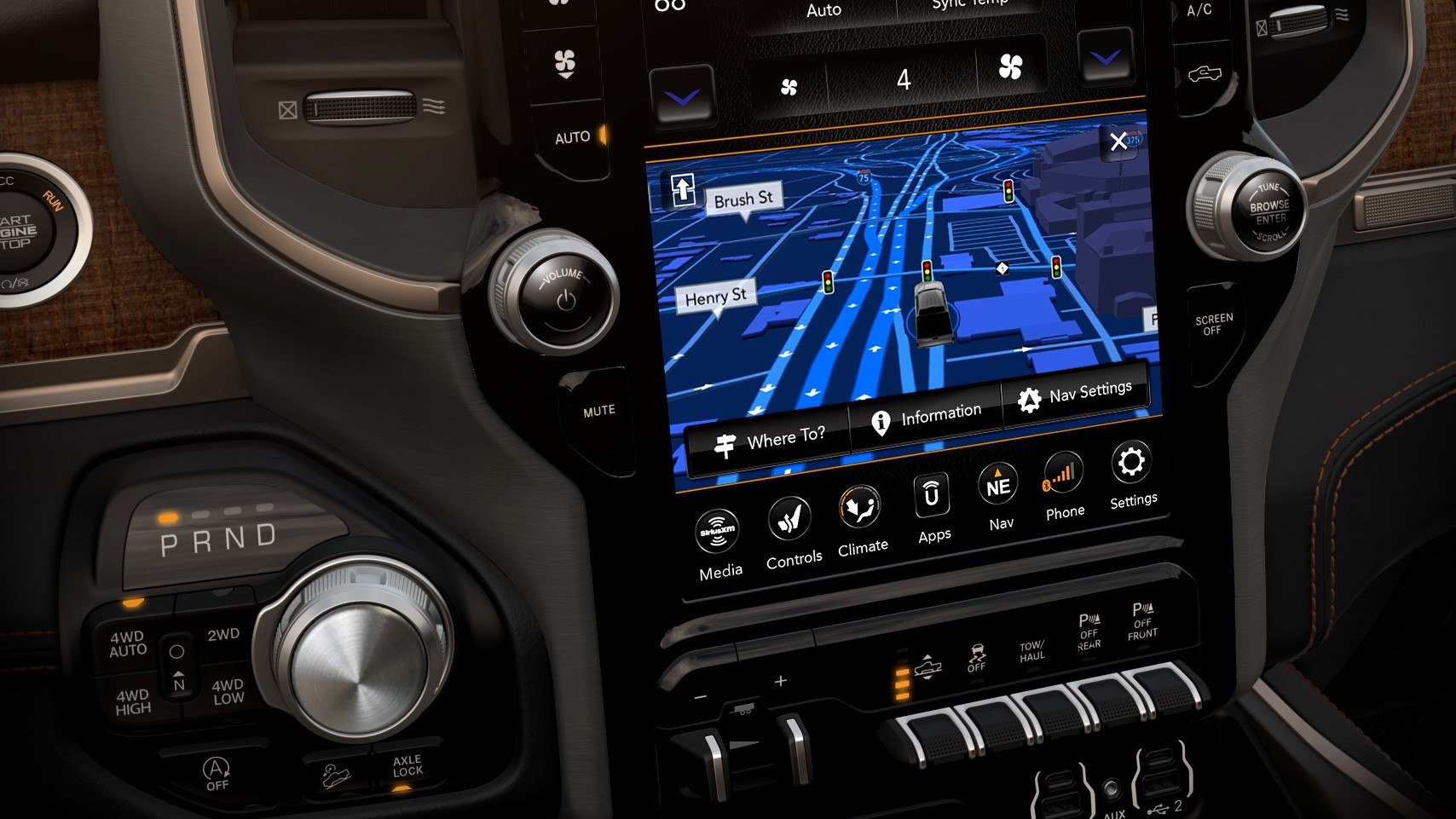
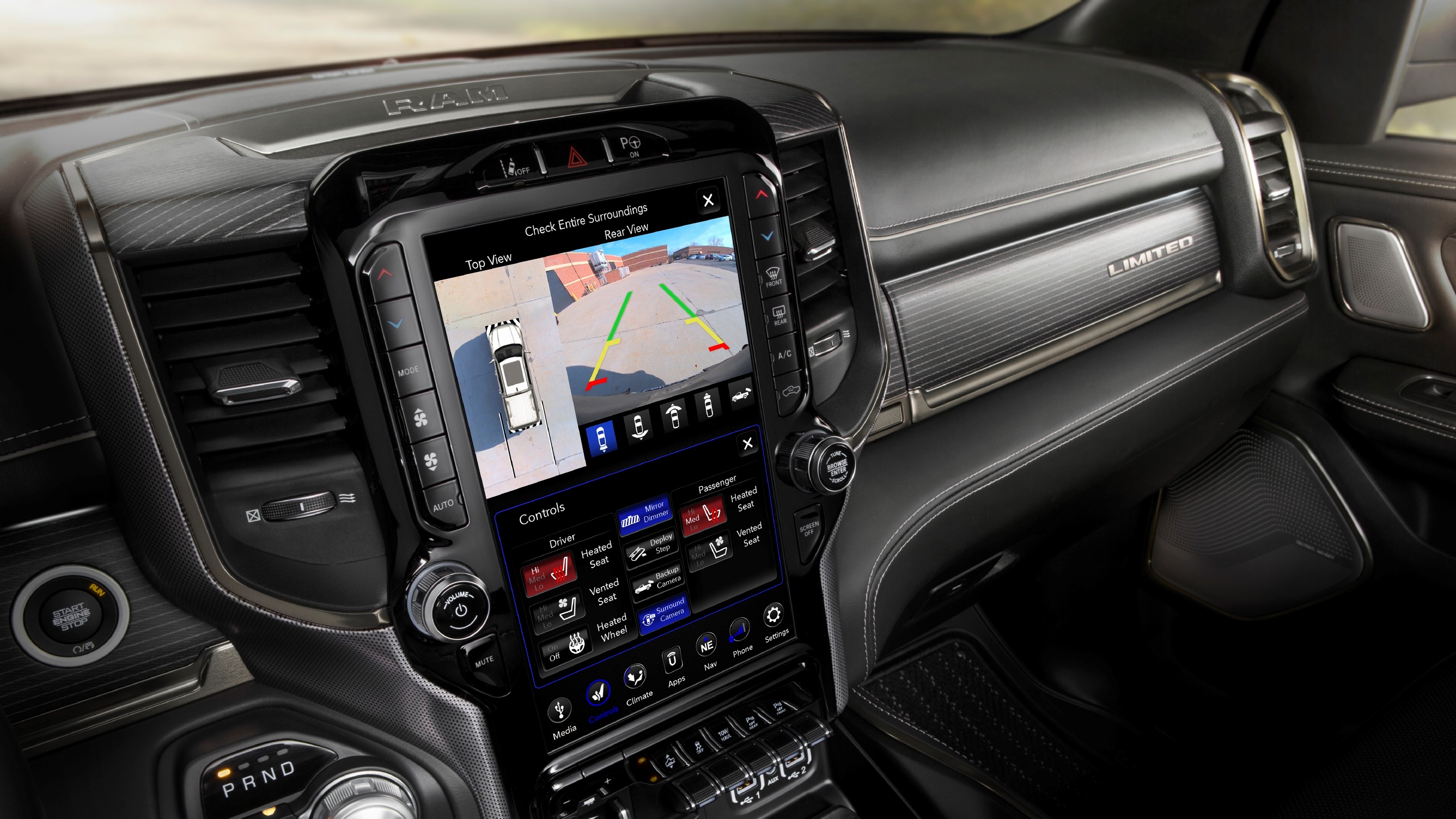
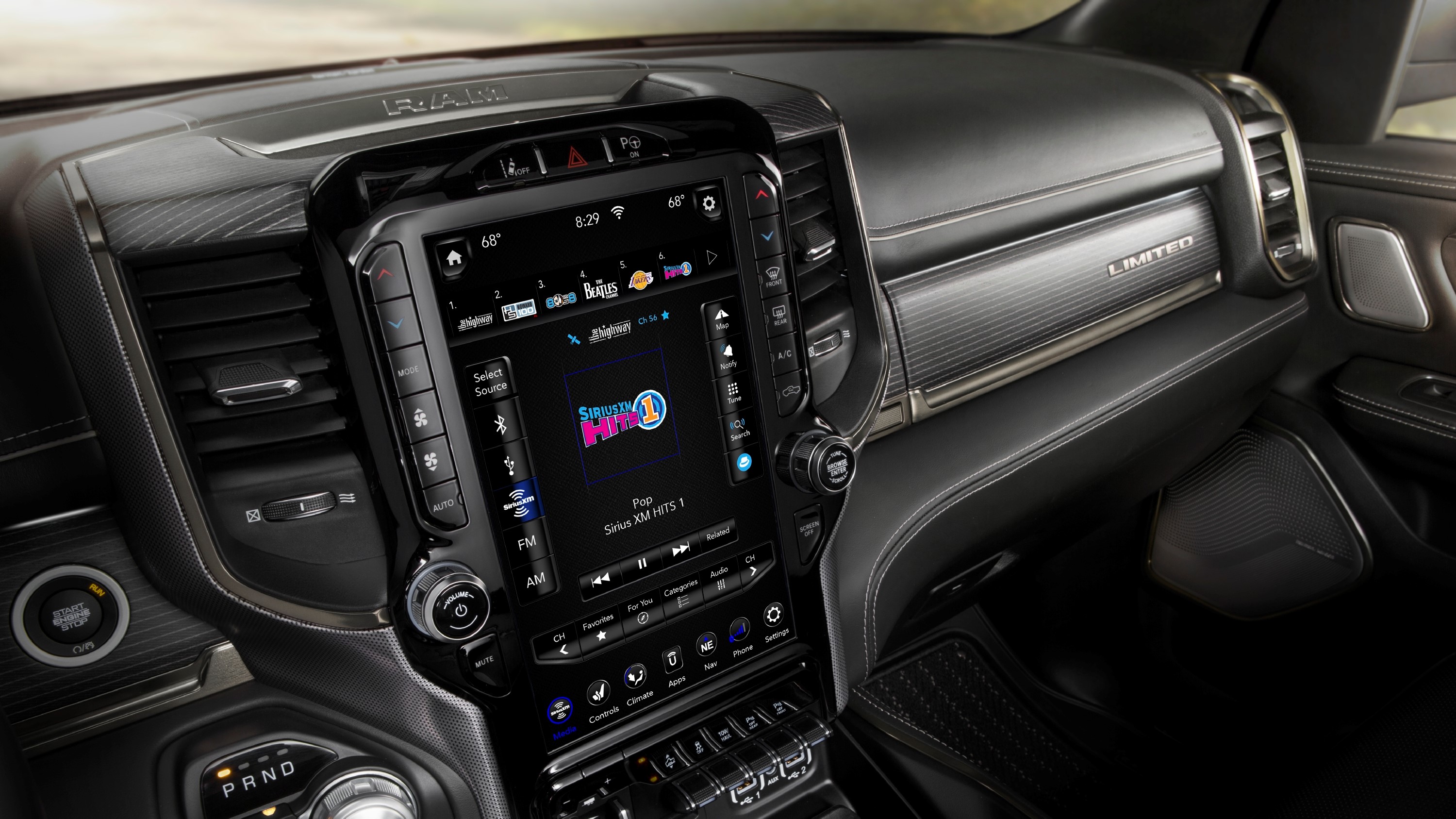
In my tests, the blindspot monitoring worked flawlessly. In a truck, it’s helpful because you can’t always see behind you or in the next lane. I’ve tested other trucks and I’ve never seen the capability to scan beyond the truck itself. If you are towing an RV camper that blocks your field of view so that you can’t see the next lane, the extended sensors help even more.
Get daily insight, inspiration and deals in your inbox
Sign up for breaking news, reviews, opinion, top tech deals, and more.
Communicating with the road
In the future, sensors will know much more than whether you have a yacht in tow and that there’s an Audi A5 creeping on next to you. The Audi will also communicate its location to you and you’ll see an alert if you try to change lanes. And, let’s say you are approaching an area where there is a divider in the road, which seems to happen quite a bit. The curb itself will communicate with your truck and let you know to avoid that part of the road.
With autonomous cars, this will all happen in real-time and the vehicles will all know about each other, the roadway, and any impediments along the way. We’re closer to this than you might think – in Las Vegas, for example, the stop lights can communicate with the car and warn you about a red light. I’ve tested this in an autonomous car and, once you experience it, it makes perfect sense and it’s hard to imagine driving without those connections.
For now, I like the sensors in the RAM 1500. It’s a stop-gap measure for current driving technology that will pave the way to more sensors to help us drive safer.
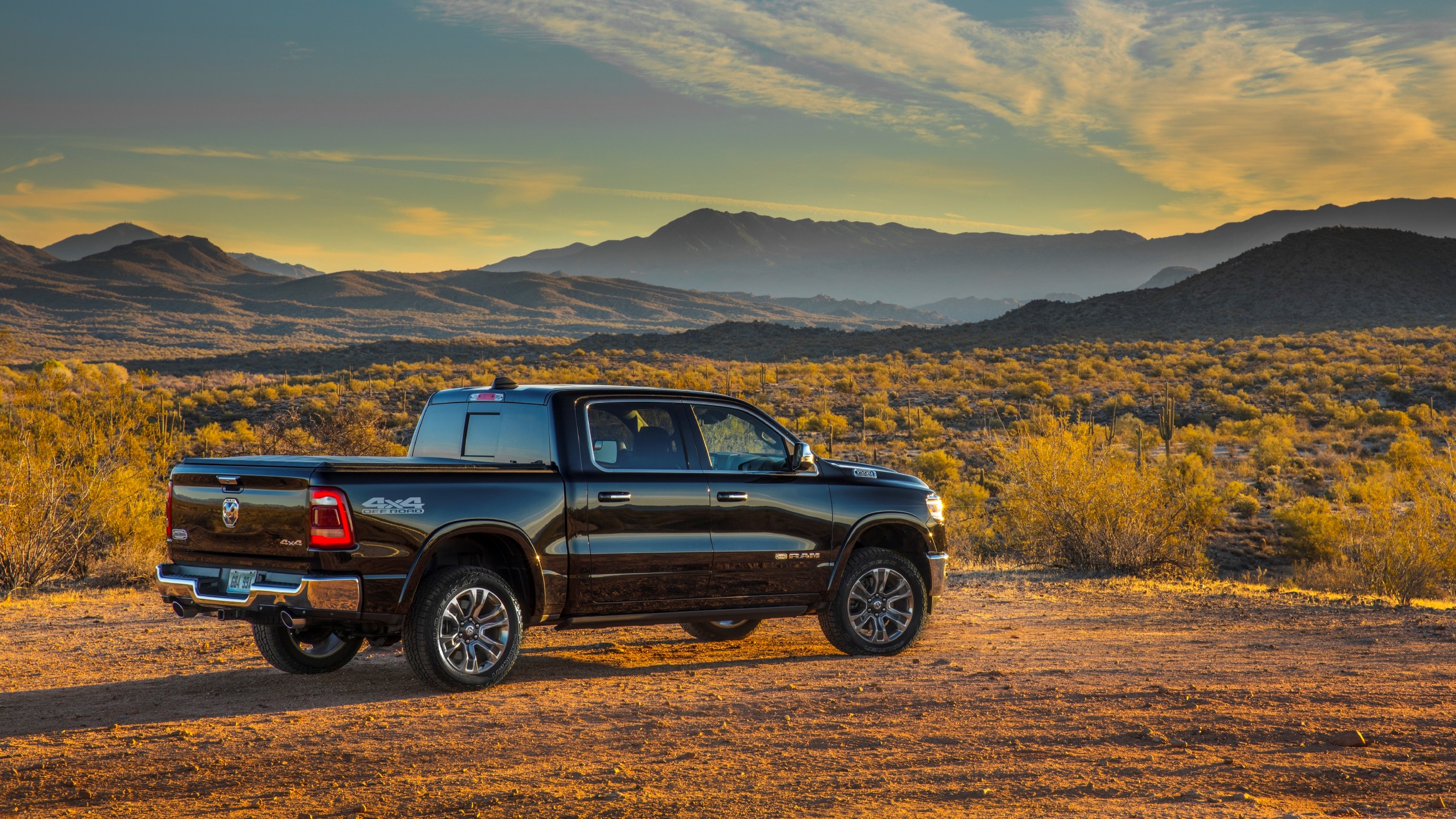
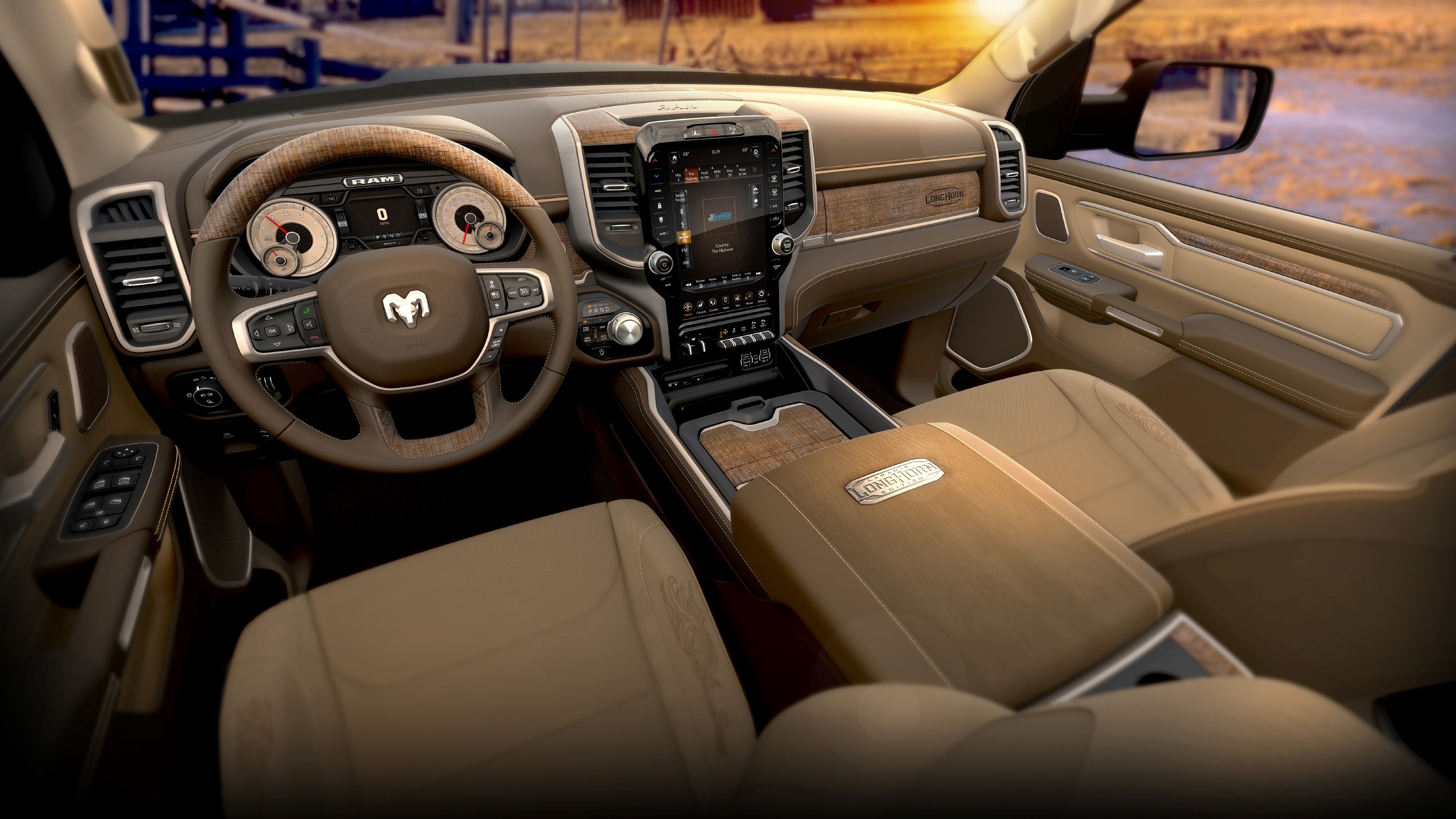
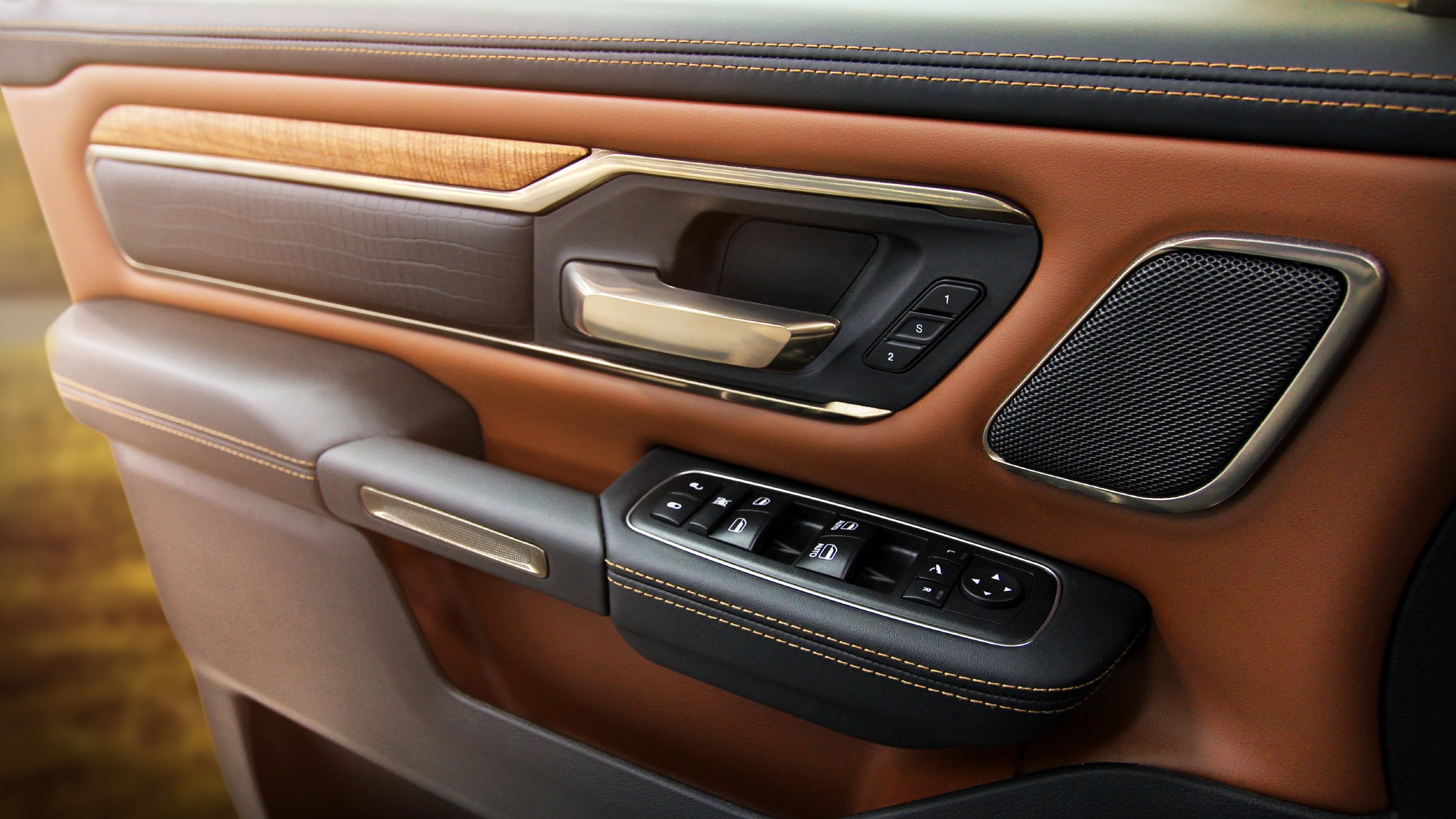
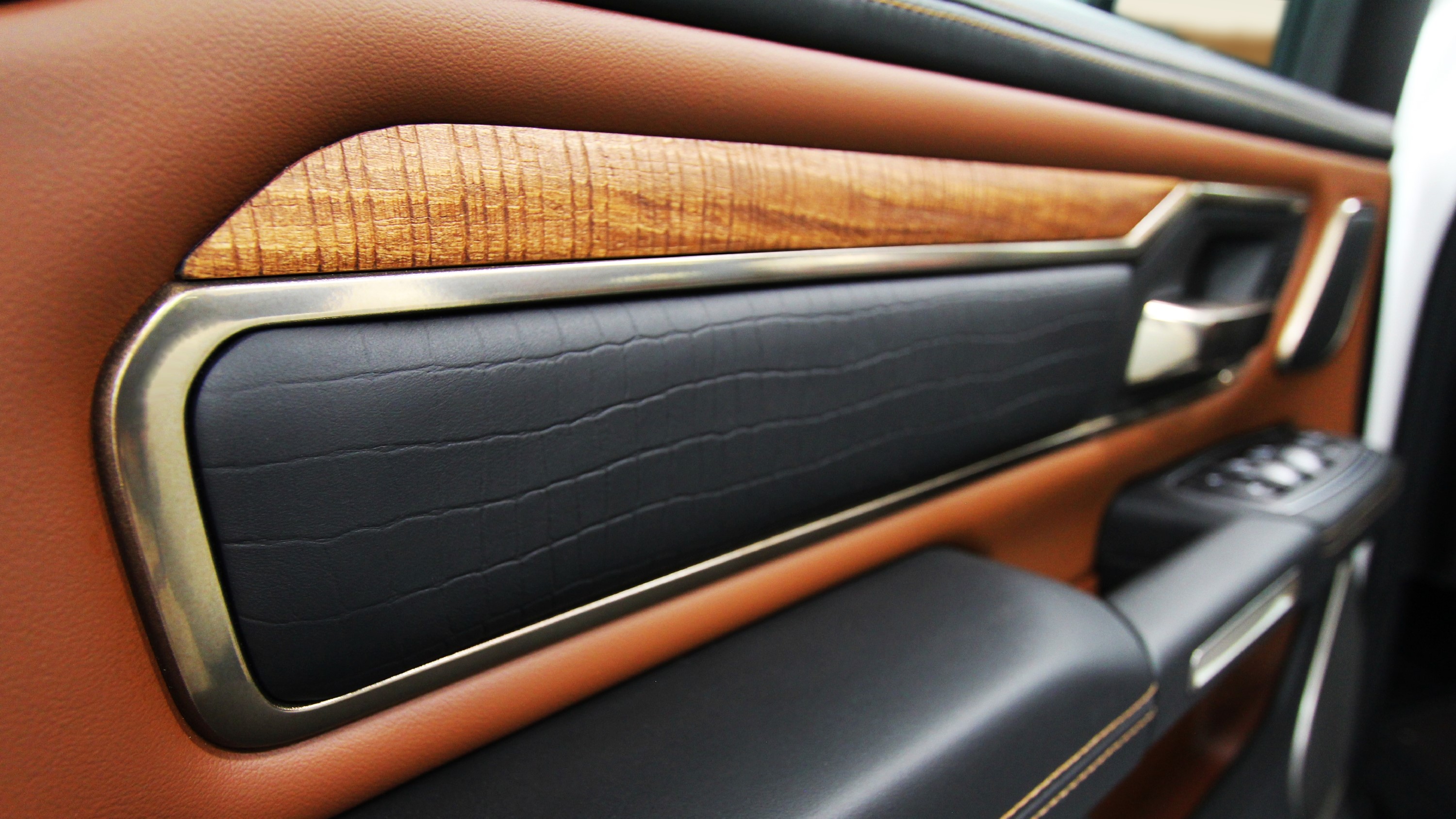
On The Road is TechRadar's regular look at the futuristic tech in today's hottest cars. John Brandon, a journalist who's been writing about cars for 12 years, puts a new car and its cutting-edge tech through the paces every week. One goal: To find out which new technologies will lead us to fully self-driving cars.
John Brandon has covered gadgets and cars for the past 12 years having published over 12,000 articles and tested nearly 8,000 products. He's nothing if not prolific. Before starting his writing career, he led an Information Design practice at a large consumer electronics retailer in the US. His hobbies include deep sea exploration, complaining about the weather, and engineering a vast multiverse conspiracy.
